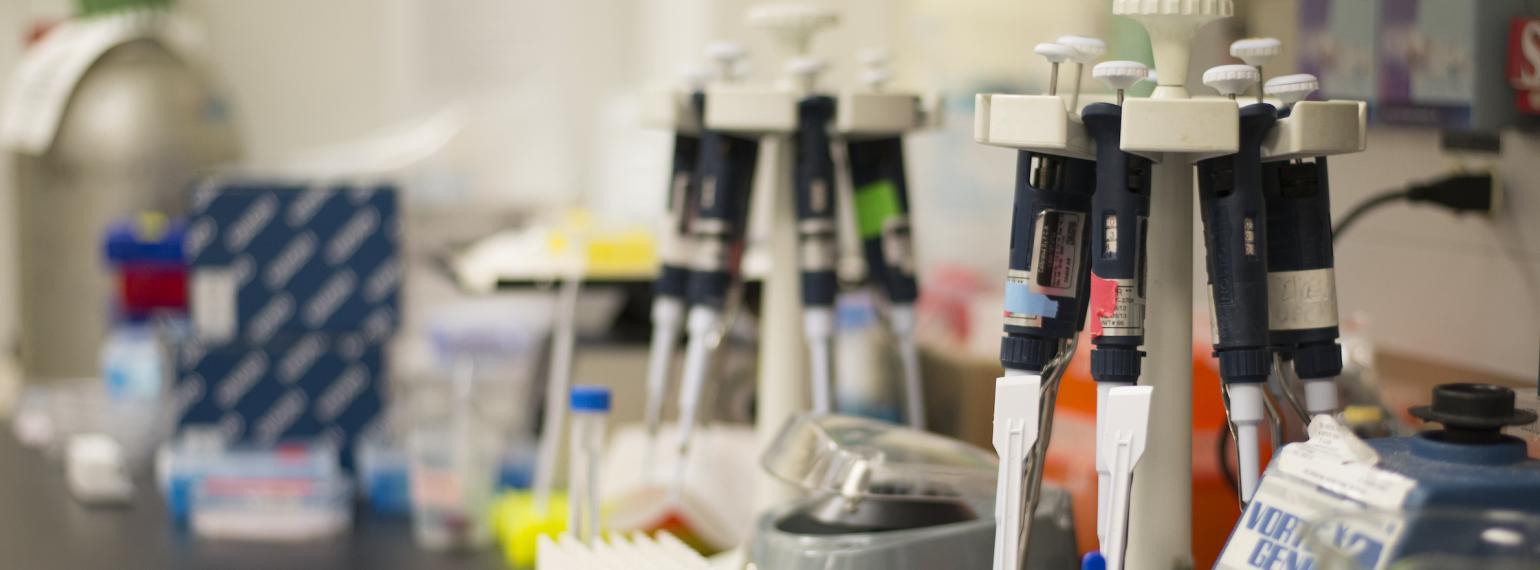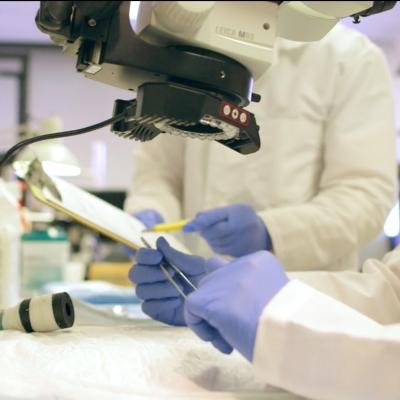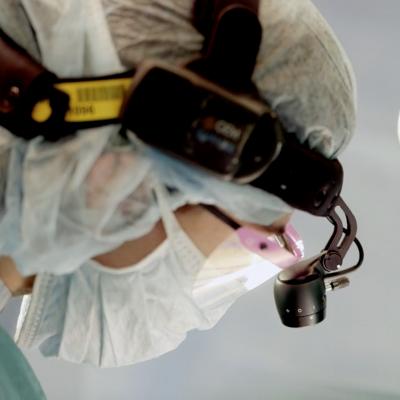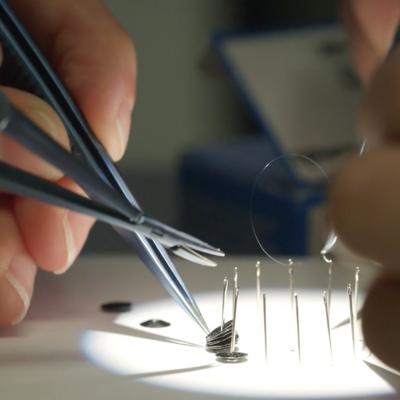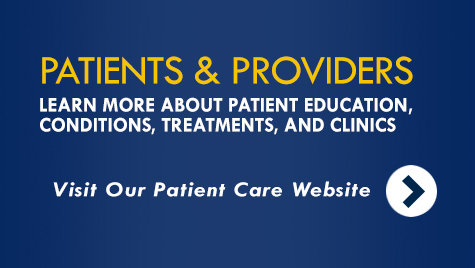Early Cancer Detection
Our Thoracic Surgery Cancer Biology Lab, involving many of surgeons, looks explores innovative developments in this area of research. With more than 25 years invested into research of esophageal and lung cancers, we’re able to investigate human disease not just through models but through the study of tissue samples.
Our tumor bank — one of the largest genetic databases of esophageal and lung cancers in the world — informs our insights into the mechanics of cancer progression so that we can ultimately develop better screening tools. We are collaborating with our Chemical Engineers to develop an early circulating tumor cell test for patients with early stage lung cancers.
We seek to be the first team to develop a powerful diagnostic test for esophageal cancer in the same way that routine colonoscopies offer the first chance to identify and even treat colon cancer at the earliest stages.
Healing Donor Lungs
We’re one of the first institutions in the country to use the technique of ex vivo lung perfusion (i.e. “incubator in a box”) to heal damaged or deconditioned donor lungs so they can be recovered for use as transplant organs.
Currently, fewer than 20% of possible donor lungs are healthy enough to transplant due to lung bruising that occurs at the time of death. With the “lung incubator” technique, we see potential to double the number of healthy donor lungs available to waiting patients.
We’re currently one of 13 centers nationwide participating in the trial to test this technology and approach.
Improving Esophageal Cancer Outcomes
Performing 100 to 150 esophagectomies each year, we’re among the highest-volume programs in the country with excellent outcomes, giving us the opportunity to set the standard of care and define what the best outcomes look like for patients with esophageal cancer. Current efforts include research to understand health disparities due to race, gender, and socioeconomic status. We are also evaluating new feeding paradigms to improve nutrition before and after esophagectomy. Other faculty are evaluating tumor response to chemoradiation, which occurs prior to operation. We are leaders in the state-wide and national databases on esophageal cancer outcomes that documents metrics for care and clinical quality as well.
Transforming Surgical Outcomes with Smarter Data
Using the wealth of data contained within CT scans, we’ve partnered with our surgical colleagues developing the new field of analytic morphomics, which uses computer algorithms and image analysis to develop predictive models of how patients will fare after an organ transplant or esophageal cancer treatment.
By compiling and analyzing the physical variations in our patient population, we’re able to identify patients who need “prehabilitation” to improve their health before their operation. The University of Michigan Department of Surgery is the creator and leader in this new science, which is changing the way surgeons think about patient outcomes.
Surgical Simulation Education
A simulation education effort by Dr. Mark Orringer aims to reduce leak complications associated with cervical esophagogastric anastomosis by practice and repetition. “Blunt” transhiatal esophagectomy (THE) was re-popularized in our initial University of Michigan Thoracic Surgery report on the operation in 1978, and since then the feasibility and greater safety of a cervical esophagogastric anastomosis (CEGA) over the traditional intrathoracic esophagogastric anastomosis firmly established. While a CEGA carries a lower risk of post-esophagectomy mediastinitis, it is associated with an average reported 12-14% leak rate, and nearly 50% of such leaks ultimately result in an anastomotic stricture and a poor functional result for an operation intended to provide comfortable swallowing. A CEGA leak is at least partly technically related and theorectically reducible with simulator practice.
A novel, low-cost, medium-fidelity simulated CEGA operative site has been engineered to offer hands-on practice of a stapled side-to-side CEGA. A simulation-based curriculum in the form of a narrated video of the procedure has been developed and accompanies the simulator.

